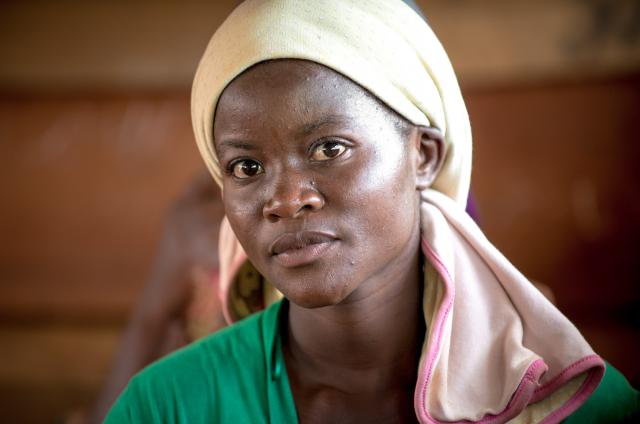Double your Donation
Donate today to help women survivors of war
Confronted with rising poverty, hunger, violence, and isolation, women are using the skills and networks they have gained from our training programmes – demonstrating solidarity with each other to survive and leadership to protect their communities.
The Coronavirus pandemic has made life even more difficult for women survivors of war – and your support is needed more than ever.
1 week
2x
6,190
Double your impact
"The greatest fear for women in Iraq is increased violence and social isolation, as they have faced some of the strictest lockdown measures."
Watch the video to hear directly from Aram, our Country Director from Iraq who shared how your support can make a huge difference for women survivors of war.
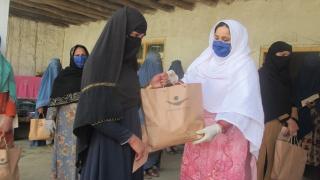
Afghanistan
Our team in Afghanistan has distributed hygiene kits (including soap, sanitiser, masks, gloves and leaflets with key health information) for the 4,700 women currently in our programme.
When possible, trainers are in touch with current participants, Change Agents, savings group members, and community protection committee members. Our team shares critical information about COVID-19, provides referrals to health clinics if needed, and asks women about their health and well-being.
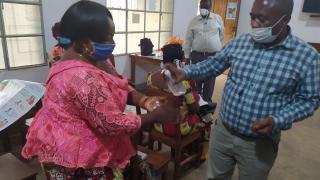
Democratic Republic of Congo
In remote areas without communications infrastructure or health services, women have a vital role to play in containing the pandemic.
Our team has provided training for women to join community education efforts and ensure that accurate, reliable information on COVID-19 prevention reaches those without access to radios, phones or internet. This includes going village to village distributing flyers, and broadcasting messages via loudspeakers.
Iraq
The greatest fear for the women we serve in Iraq is increased violence and social isolation, as they have faced some of the strictest lockdown measures.
Since many Iraqi women have access to mobile phones, our team was able to quickly shift to keeping in contact with women through text message and WhatsApp. We shared information for women to access food support packages and domestic violence support.
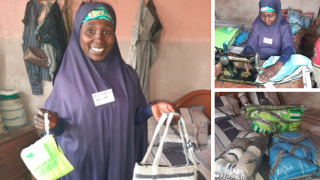
Nigeria
The greatest concern for the women we serve in Nigeria – who are mostly small farmers and traders – is the economic and food security crisis caused by COVID-19 lockdowns.
Our team has continued to support over 4,300 women through cash transfers to their bank accounts, ensuring they can feed their families and keep their businesses afloat. Some of our programme graduates are playing a part in the local government response to COVID-19. Through loudspeakers on vehicles, they go into communities and educate them on COVID-19 prevention measures, including social distancing, hand washing, and wearing face masks.
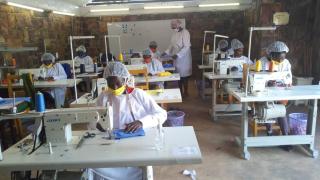
Rwanda
During a strict national lockdown, our Rwanda team has been working to supply every woman in our programme with their own personal SIM card. While the majority of our participants don’t own a mobile phone, most are able to borrow one from a family member or neighbour.
With a SIM card, women can stay in touch with each other and get updates from staff, as well as receiving and sending money via mobile transfer – a lifeline as the shutdown restricted access to banks and savings groups.
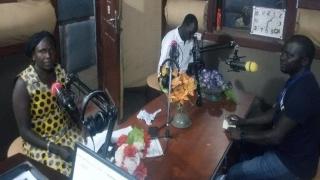
South Sudan
Radio is a popular and trusted source of information in the communities we serve in South Sudan. Our team already hosted a weekly call-in show on women’s issues, which was quickly expanded during the pandemic to disseminate information and advice on COVID-19.
Working in partnership with local government and health experts from the World Health Organisation, our staff facilitated a series of educational programmes where listeners could call in with questions and receive reliable, up to date information.

